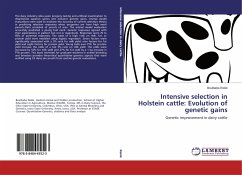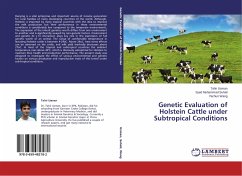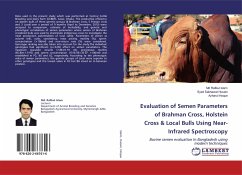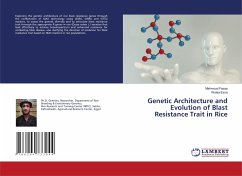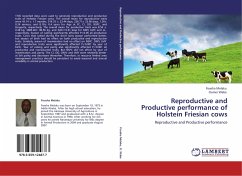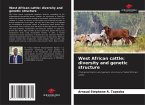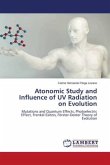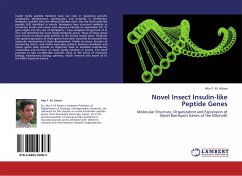The dairy industry relies upon progeny testing and artificial insemination to disseminate superior genes and enhance genetic gains. Animal model evaluations were used to evaluate the accuracy of current selection theory in predicting selection responses when progenies are from high merit parents.Data consisted of proofs of sires. The animal model evaluation accurately predicted a young bull merit. Genetic responses agreed with their expectations in pattern but not in magnitude. Responses were 70 to 85% of potential responses. The odds of a high rank on milk, fat, or protein yield were modeled using logistic regression. Seven factors were significantly associated with a 5% rank for milk yield; nine factors for fat yield and eight factors for protein yield. Young bulls own PTA for protein yield increase the odds of a top 5% rank on milk yield. The odds were increased by 52% for milk yield and 27% for fat yield by a 1 kg increase in PTA protein. This book intended for graduate students in animal breeding and breeders provides theoretical quantitative genetics aspects that were verified using US dairy sire proofs from routine genetic evaluations.
Bitte wählen Sie Ihr Anliegen aus.
Rechnungen
Retourenschein anfordern
Bestellstatus
Storno

